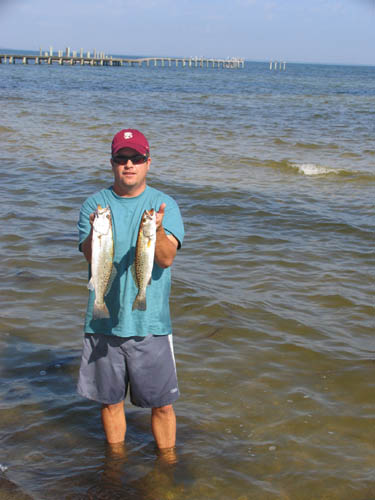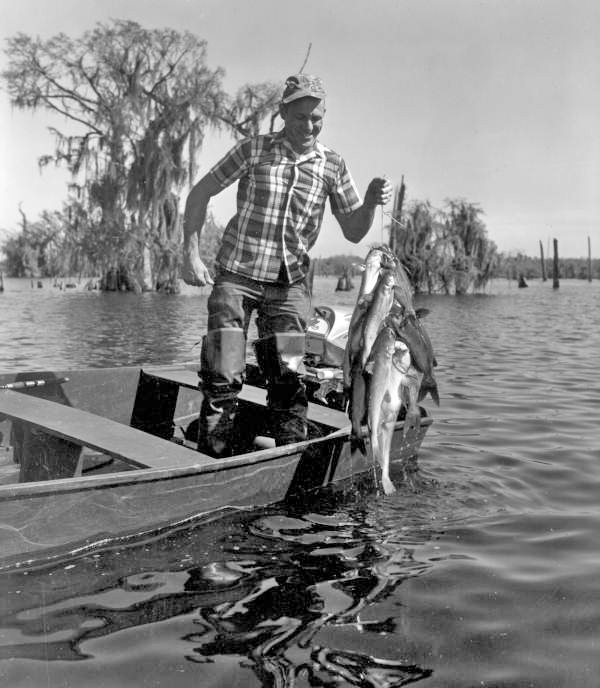
By Doug Alderson, Apalachicola Riverkeeper Outreach & Advocacy Director
Having fishable waters in the Apalachicola Basin means many things. For one, it signifies to the public that the fish caught in our river, tributaries and bay waters are generally safe to eat in moderation. Eating moderate amounts of fish can help reduce the chance of heart disease and stroke and the omega-3 fatty acids in fish can promote healthy brain and eye development in young infants and children.
Almost all fish, especially those higher up the food chain, have some mercury content. Learn about the current fish consumption recommendations in your county here. Mercury is a naturally occurring element, but it is dumped into our environment in higher concentrations primarily from coal-fired power plants. However, we are fortunate that absent from our basin are “no fishing” signs due to pollution.

There is a double benefit of having clean water. Many species of birds and mammals depend on fish to survive and they don’t read warning signs. Bald eagles and brown pelicans were once on a downward spiral due to DDT poisoning in our environment, their egg shells too thin for adequate reproduction, but since we halted the use of DDT, once a commonly used pesticide, both species have made a tremendous comeback. You’ll see numerous bald eagles and brown pelicans fishing our basin.
As Mark Mattson, environmental attorney and Lake Ontario Waterkeeper, said recently, “Fishable waters are healthy ecosystems, clean sediments and thriving benthic communities that support aquatic life. Along with drinkable and swimmable waters, it is an essential part of a legal and scientific alliance for public health & wilderness protection. … We want the waters to support the entire ecosystem that relies on healthy contaminate-free fish, from contaminate-free waters.”
One common thread for waterkeepers around the world is the belief that each and every person has a right to swimmable, drinkable, and fishable water, and this holds true for other life forms as well.
How does mercury get into fish? Scientific American article

